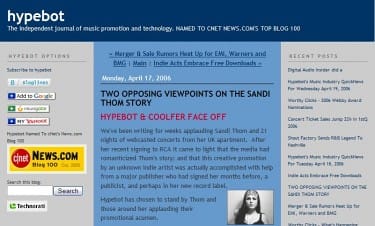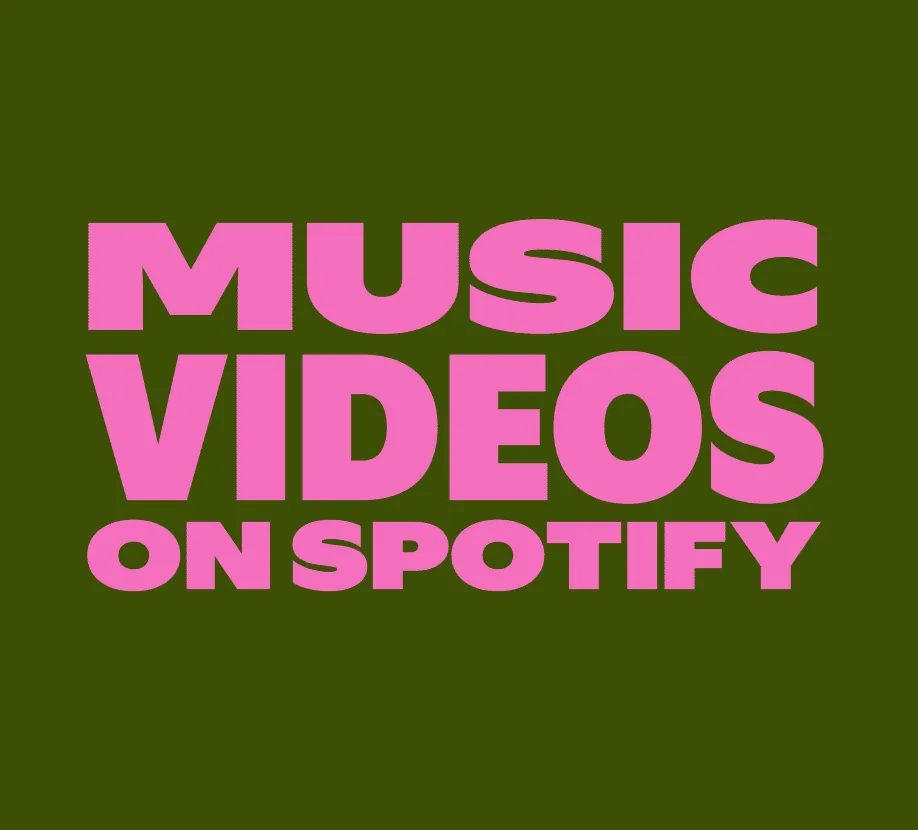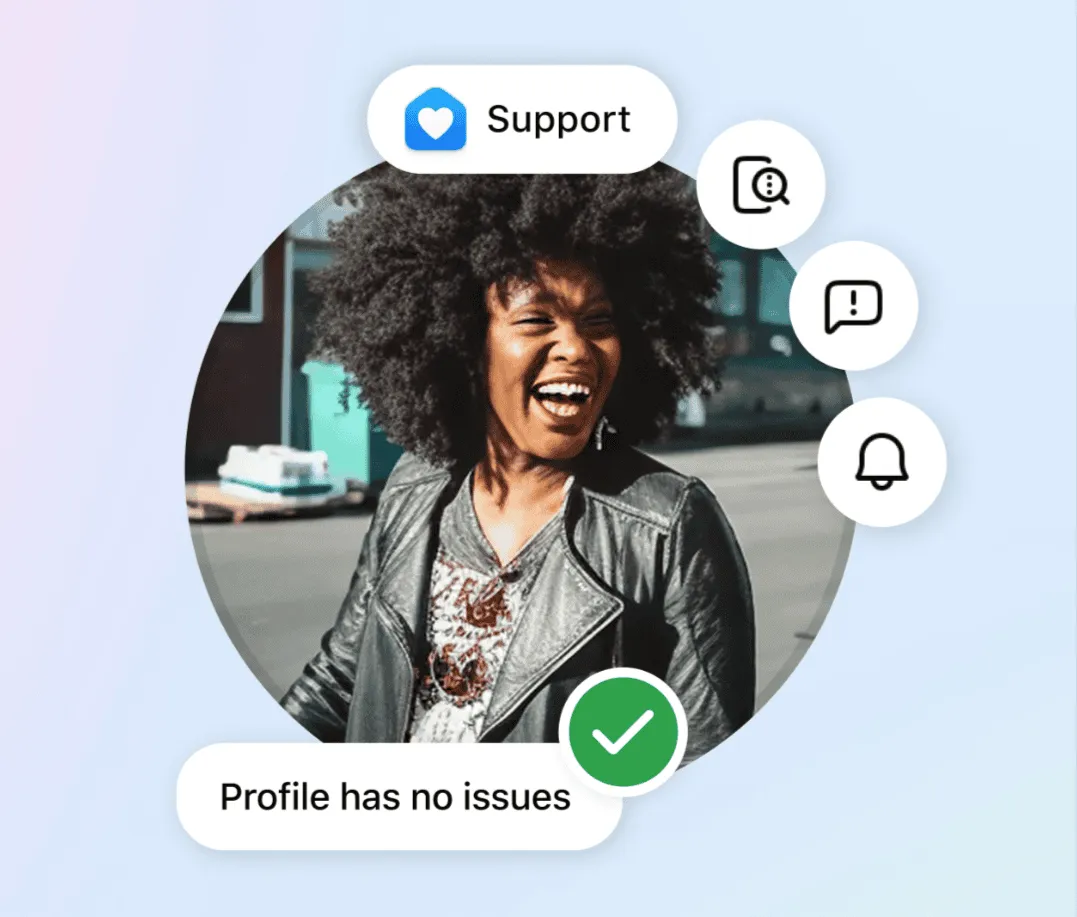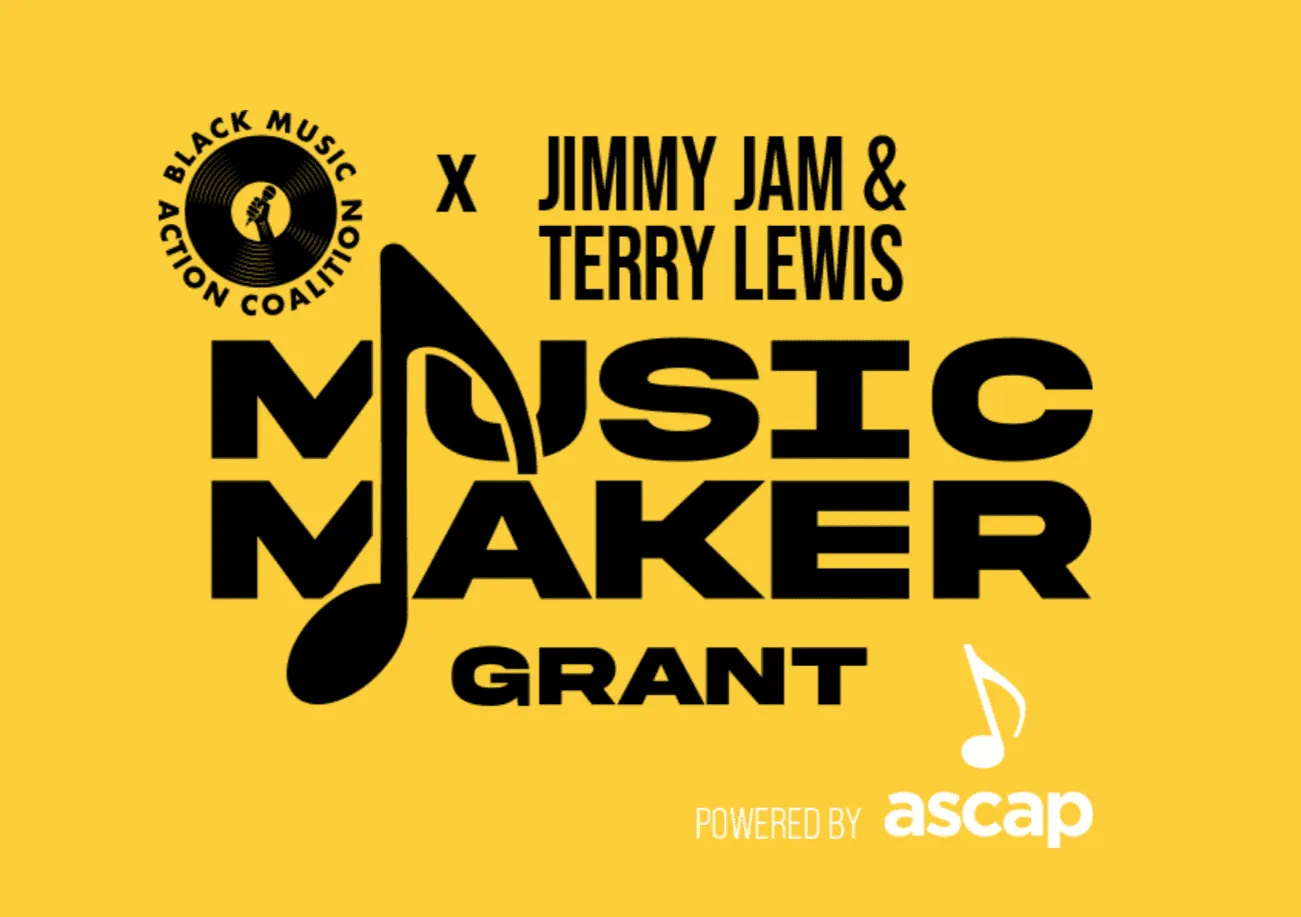Kyle Bylin, Associate Editor
Bruce and I can’t speak from the perspective of what it’s actually like to be an artist, because, as you may have guessed, we’re not artists. While Bruce has spent many years interacting and speaking with artists, booking them on a regular basis through his role with Skyline Music, I, on the other hand, have an even more limited scope and opinion on the matter, because I don’t personally know that many artists myself. But, as I’m sure anyone who knows us could attest to, both of us have a deep passion for music and would want nothing more than to see a healthy, sustainable landscape emerge that allows musicians who work hard, are dedicated to their craft, and love their fans to be able to keep doing what they do best: making music. Music that matters, music that moves you, and music that helps listeners connect with themselves on a deeper level…
As Bruce puts it better, “Thanks to te digital age the possibility of a much larger artistic middle class is more real than it has ever been before. I strive to have Hypebot help, encourage and empower that new era of artists who make a decent living (financial stability, health care, etc.) from their art. I also hope that I am encouraging a new group of entrepreneurs to support those artists.” In other words, the goal of Hypebot coverage is two-fold. On one hand, we want to provide various roadmaps, examples, and technology updates that encourage and empower artists to take their career in their own hands and make a living off of their passions. On the other, we’re trying to provide some degree of hope for entrepreneurs who wish to create platforms and services that would ideally make it easier for artists to be artists. Ideally, these entrepreneurs could make enough money so they could keep doing what they do best: driving innovation.
Why do I write for Hypebot? Well, because, in my mind, to embrace curiosity is to embrace the beauty of a journey that may never arrive at an absolute answer. A curious person, Seth Godin once wrote, is a “person who explores first and then considers whether or not he wanted to accept the ramifications.” Whereas, a fundamentalist, he says, “is a person who considers whether or not a fact is acceptable to his religion before he explores it.” I am a very curious person. I explore ideas, right or not, proven or unfounded, under the belief that as long as I am able to cause a person to think more deeply about an issue, whether or not they agreed with the viewpoint I directed them too, that, in the end, I have then done my job as a writer. That being said, I hope that I have caused you to think differently about the topics that I present, that maybe you learned something, because to me, that is more important than whether or not, I, myself, am right.
“Hypebot,” Bruce says, “is a mix of industry news, information on trends and technologies, plus commentaries and advice that reflects my (and now Kyle’s) perspective with guests occasionally chiming in. It was started as a research project for and conversation with my own circle of stakeholders (team mates. artists, managers working with Skyline Music) and that circle of influence has grown. But at its core, Hypebot still just a conversation that begins from the viewpoint of its authors.” As I mentioned at the beginning of this post, neither of us can speak from the perspective of the artist, but all members of the Hypebot community are encouraged to add their wisdom to the mix. “I hope that they do,” Bruce continues. “Their contributions make Hypebot far more interesting and useful.” That's the point here, you know, that it doesn't matter what Bruce and I think. It matters what you, our audience, thinks, and we care.
“Good writing,” Malcolm Gladwell argues in the preface of What the Dog Saw, “does not succeed or fail on the strength of its ability to persuade. It succeeds or fails on the strength of its ability to engage you, to make you think, to give you a glimpse into someone else’s head – even if in the end you conclude that someone else’s head is not a place you’d really like to be.” So, when someone from our audience doesn’t agree with a news or commentary item we publish or simply doesn’t “buy” the opinion we express, it’s important to ask: Why are you angry? We realize that we discuss music from a business-and-technology standpoint. However, we don’t believe that music and the industry that has grown up around it is like basically any other business enterprise with a product to be marketed and consumed. We realize and truly believe that art has intrinsic value and if you're creating something vital, people will support you. Of course, we think it is important that we discuss music as culture and not only a product.
Inevitably I’m afraid, Bruce and I may be ill-equipped to write about music as culture, but that doesn’t mean that we don’t think about music as culture. While Bruce does write advice about how to make money as an artist, that doesn’t mean that he thinks that’s the top priority of an artist. Seeing as neither of us can speak from the standpoint of artists, of course, we would benefit from getting a deeper understanding and appreciation for the mind of someone who is a true independent artist. In saying that, I encourage readers to help us bridge the sleight disconnect we may have in these aspects by either sending us an email or commenting below. If anyone would like to go a step further and consider preparing a guest post on the perspective of what it’s like to be a true independent artist or talk in greater depth about music as culture, we would greatly appreciate you helping us take the conversation on our blog even deeper.
Sincerely,
- The Hypebot Team
Contact:
- kyle.bylin(at)gmail(dot)com





